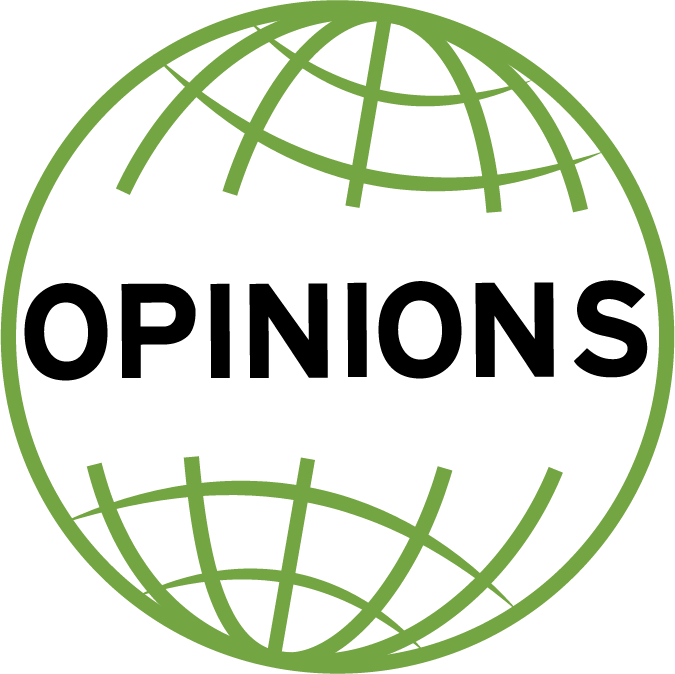Slain journalist a wake-up call for media
October 23, 2018
In September 2017, Saudi journalist Jamal Khashoggi was practically “ordered to shut up” after he criticized Saudi Arabia’s classification of Muslim Brotherhood as a terrorist organization. After moving to the US, he published an article with the Washington Post that detailed his outrage.
Ever since the article was published, Khashoggi became increasingly critical of the decisions of the crown prince of Saudi Arabia and deputy prime minister Mohamed bin Salman in the opinion articles published with the Washington Post.
Khashoggi commented on how Saudi journalists were pressured into supporting the acts of their
government.
Khashoggi was required to fly to Istanbul to receive documents that would allow his marriage to Hatice Cengiz to be officiated. He traveled to Saudi Arabia and then essentially disappeared. Saudi state media declared that Khashoggi was killed in a fistfight inside the consulate with unidentified
Saudi men.
However, Turkish officials concluded that Khashoggi was killed by a team of fifteen Saudi agents, tied to Salman, that seized him and viciously beat and tortured him until death. His body was dismembered, he was beheaded and had his fingers removed.
This news has further stained the leadership of Saudi Arabia and has frightened journalists internationally. Some may question why an average, American college newspaper columnist would worry about a situation that took place in a very far and different location.
Here’s why:
Opinions, once publicly announced, have impact. In the U.S. we live under the protection of the 1st Amendment. We are promised protection from nefarious acts resulting from voicing our opinions. However, the socio-political modern world is not the same world that the First Amendment was drafted in.
Tweets can sever families, editorials can indirectly incite violence by quickly spreading infuriating information to every facet of technology, while hate groups easily organize massive protests or attacks online.
The political spectrum has been extremely polarized; political moderation is sparse, and citizens typically have stark opinions based on a singular view empowered by selective media outlets that allow their truths to appear more truthful.
Journalists are caught dead-center in this hotbed of toxicity and opposition. News outlets can lose resources and supporters by publishing a politically opinionated piece or article.
Once they are seen in the public eye as left or right, they automatically are judged by a polarized public according to their own views.
The death of Jamal Khashoggi is a sign of ill omen for journalists. His death has shown the world that opinions can be dangerous when involving powerful people or organizations. Speaking out for social justice in a country controlled by an increasingly right-winged institution does not just indicate a finger-wag or hate from supporters, but could lead to one’s
grisly death.
President Trump has declared his hatred of media outlets that oppose or criticize his actions in the White House. He began to coin “fake news” and even mentioned enacting libel laws to further discredit or censor journalists that do not agree with him.
Reporters from media outlets like CNN are often chastised when asking questions at press briefings, or directly to Trump himself. Opposing the government is not a romantic act for U.S. journalists. It is their job.Mi


















